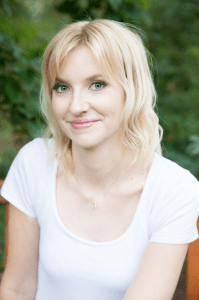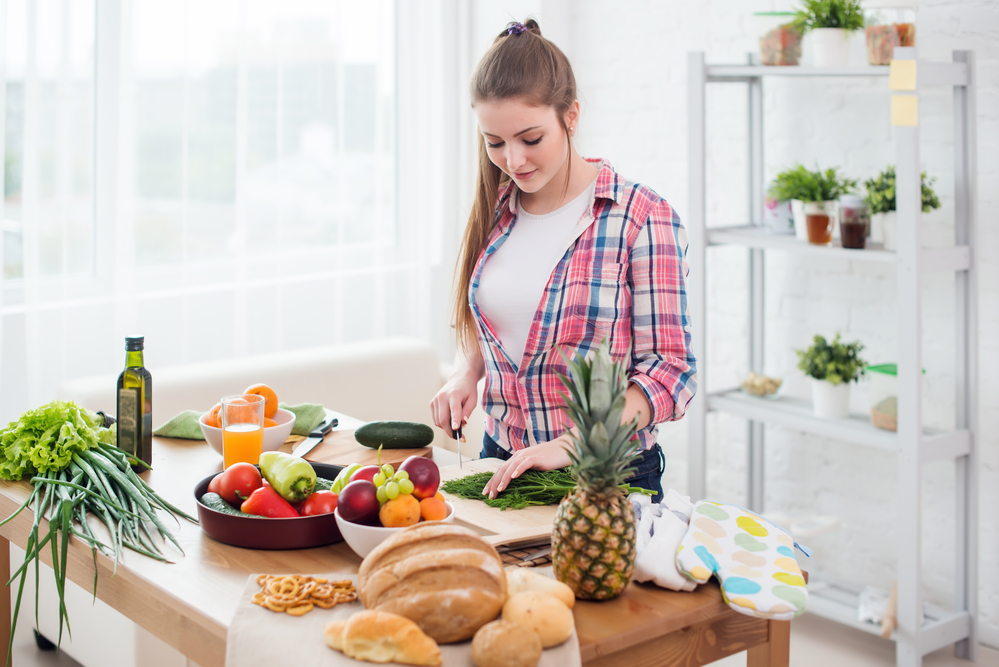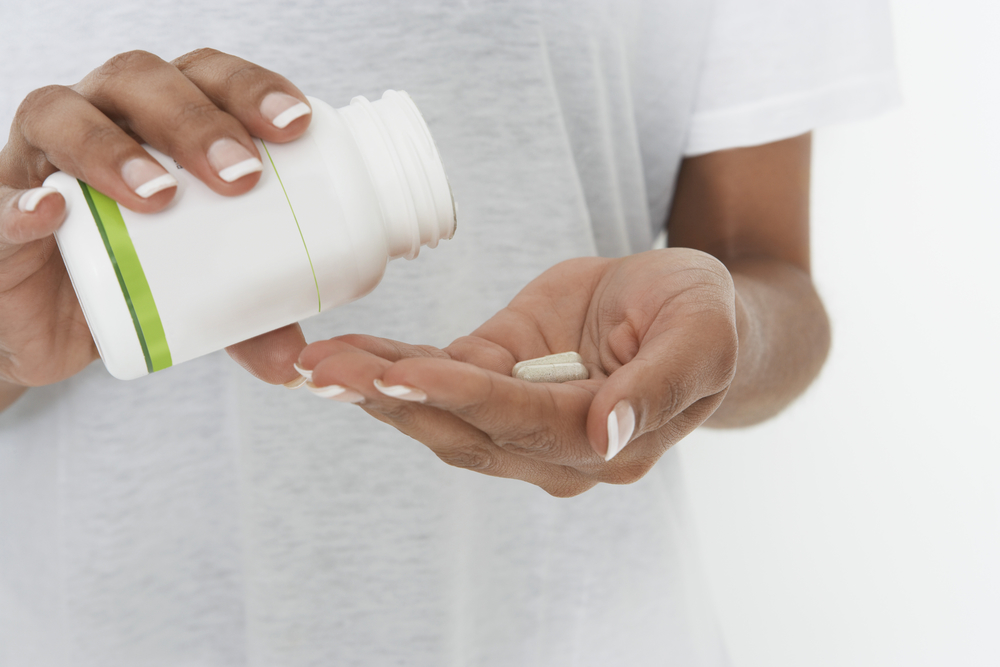Being diagnosed with a fertility condition can be very daunting, especially when having a baby is something you always planned on doing. But with the right advice, your body can be supported to perform at it’s peak, even if the clock has started ticking faster.
There are two situations where a diagnosis might be low ovarian (egg) reserve, with it being somewhat expected over the age of 40, but it can also happen prematurely to younger women. Either way, the approach is the same: we need to make sure your eggs are as healthy as possible, to counteract the fact that there is a smaller pool of them left.
We are born with all the eggs we will ever have (although there is promising new research that this may not be the case – stay tuned!), but some of us are born with less, while women with PCOS tend to have more.
As we age, the number of eggs we have naturally declines, and the focus becomes ensuring the quality of the remaining eggs is exceptional. This is where your diet and lifestyle can play a role.
Take a realistic look at your lifestyle. Is it geared for promoting youthfulness and health? If not, now is a great time to change things up. Focus on eating a varied diet of whole foods. That means the less processed something is, the better it is likely to be for your fertility. It will be bursting with nutrients that can supply your eggs with the nutrition they need.
Low vitamin D has been linked to low AMH levels. AMH, short for anti mullerian hormone, is excreted by developing follicles on the ovaries. A low result is linked to low egg reserve. Ensuring you have adequate vitamin D levels can help promote higher AMH. You can get some safe sun each day, or see your natural health practitioner for supplements if you need a little extra help.
Certain antioxidants have been shown to be useful for women with low ovarian reserve, such as Co-enzyme Q10. It is always best to see a registered health practitioner for guidance on dosages for supplements to ensure you are taking a safe amount. If you don’t want to take supplements, this is when your diet will play a critical role again. Eat lots of high antioxidant foods to support your ovaries.
Lastly, try and ensure you aren’t bombarding your body with toxins every day. Your eggs are very delicate, and exposure to chemicals is not supportive of maximum egg quality.
I hope the above suggestions can give you some comfort in knowing that you have the ability to support your egg health significantly, despite a diagnosis of low ovarian reserve.

Kim Gatenby is a Dr of Chinese Medicine with 14 years experience treating complex cases of infertility in women and men. Her practice is based in Sydney, however she treats patients worldwide. Her new online program, ‘Supercharge Your Fertility’ launches in August 2020.
www.sydneynaturalfertility.com
@sydneynaturalfertility
You may also like to read:
How to Increase Natural Fertility?









